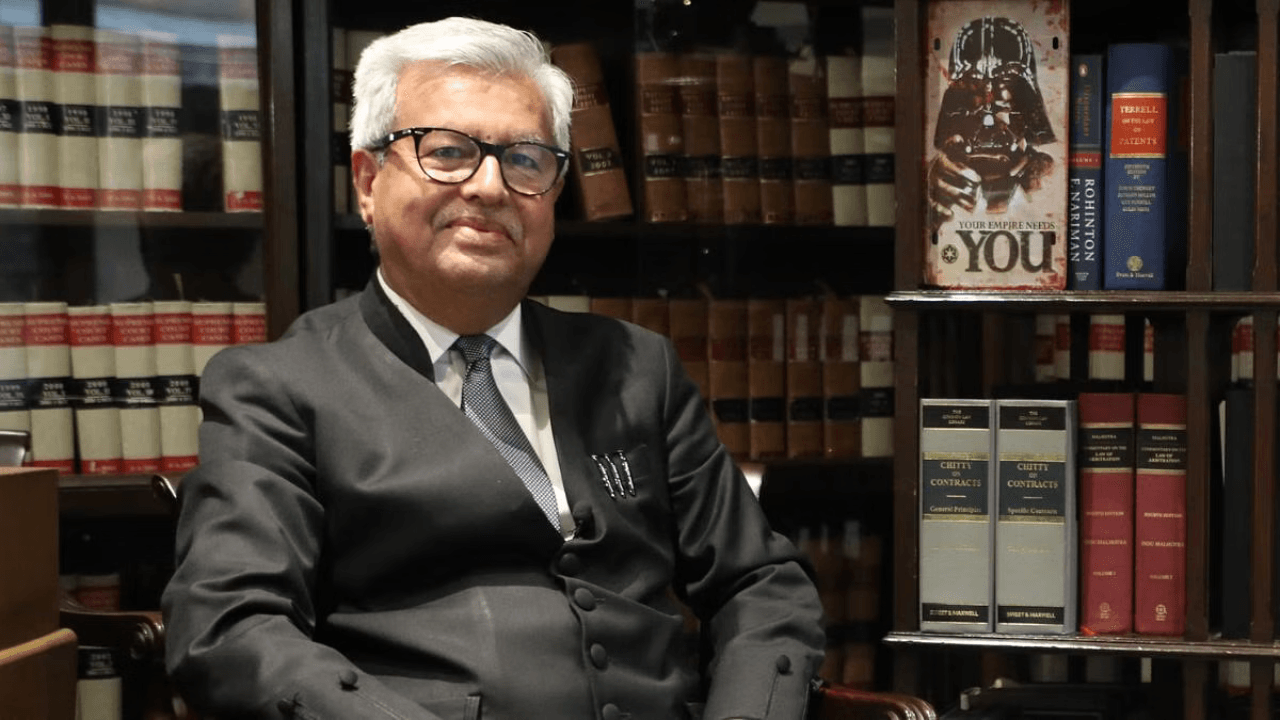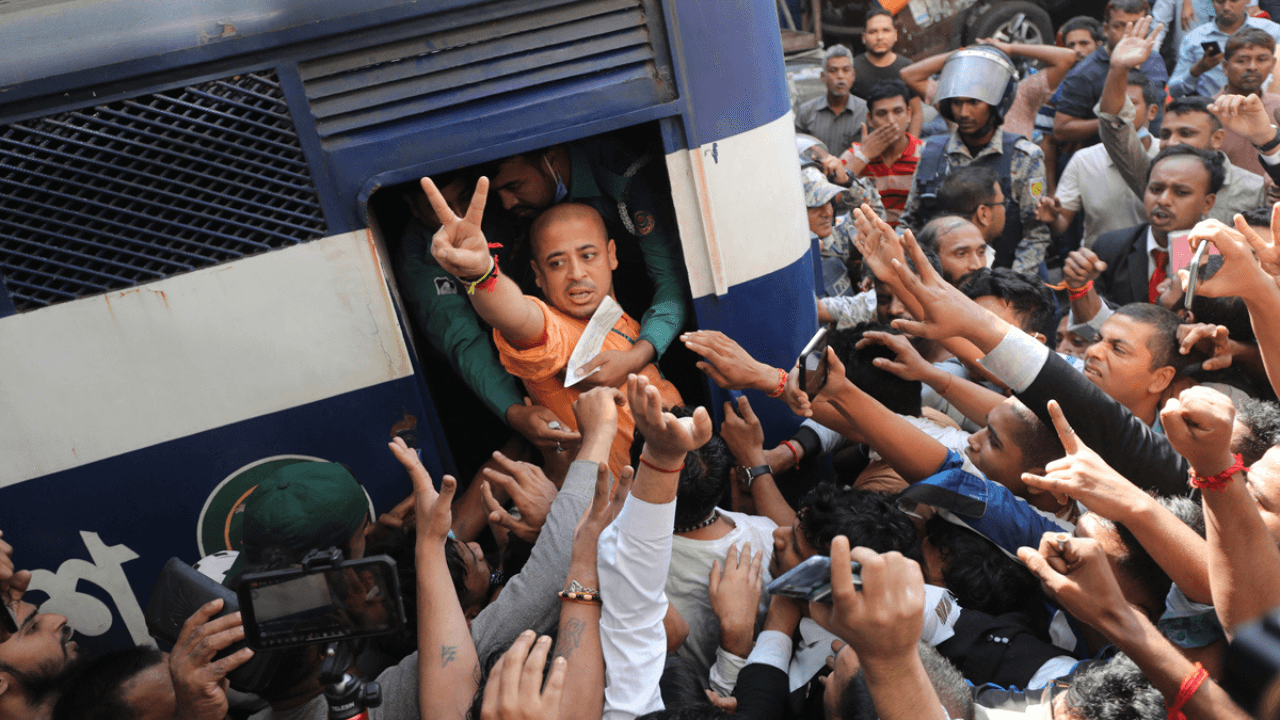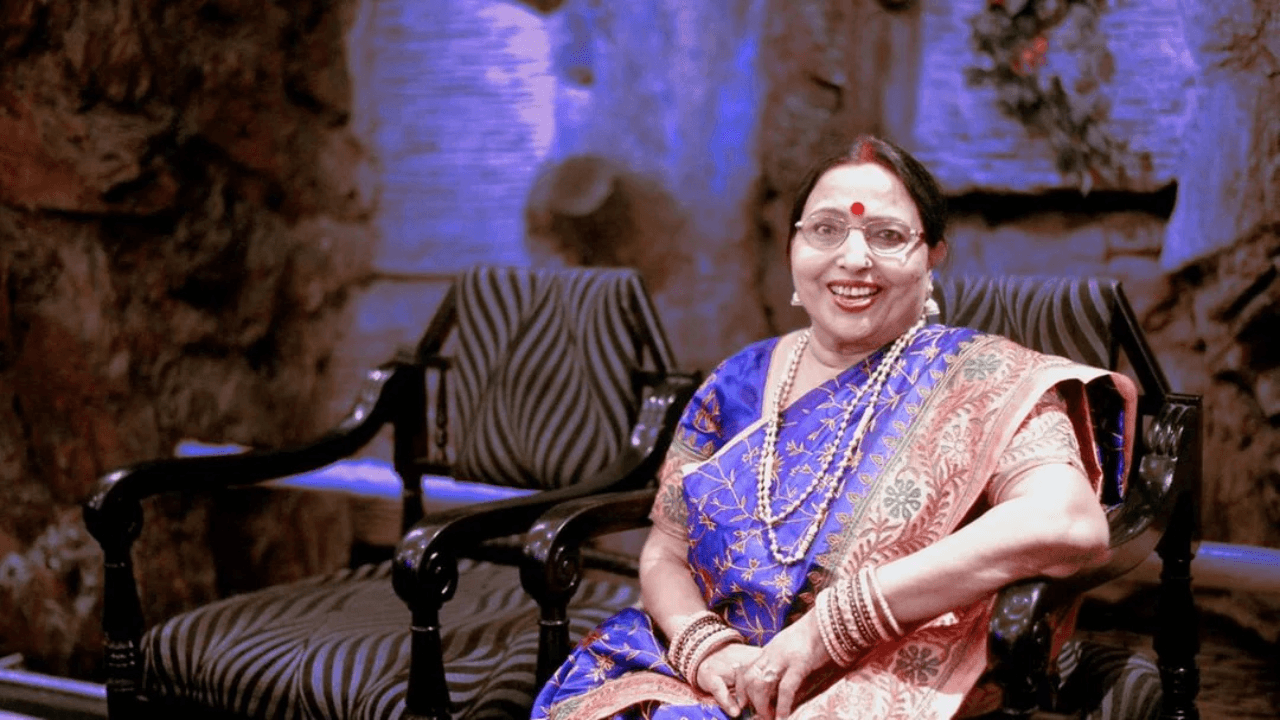Mali has been entangled with political instability since 2020, witnessing two coups and exacerbating regional tensions across West and Central Africa. Concurrently, the nation faces escalating insurgencies led by militants affiliated with al-Qaida and the Islamic State group.
Media Ban Imposed: Junta’s Drastic Measures
Mali’s junta has imposed a ban on media coverage of political parties and associations, following the suspension of all political activities in the country. The order, issued by Mali’s high authority for communication, was disseminated via social media, extending to all media formats, including television, radio, online platforms, and print newspapers.
Implications of the Ban
The precise implications of the media ban remain unclear, raising questions about its implementation and whether journalists will be permitted to report on closely linked topics such as the economy.
Journalistic Resistance: Maison de la Press Reacts
Mali’s Maison de la Press, representing journalists, vehemently rejected the order, urging journalists to continue reporting on political affairs and advocating for citizens’ right to access information.
Human Rights Concerns: Mali’s National Commission Speaks Out
Expressing deep concern, Mali’s National Commission for Human Rights cautioned the junta about the potential adverse effects of such restrictions on fundamental freedoms, warning against exacerbating societal tensions.
Political Context: Timing and Motivation
The timing of the ban, coinciding with Eid al-Fitr celebrations, suggests a retaliatory response to mounting public and political pressure on the junta’s failure to fulfill promises of democratic transition.
Leadership’s Promise: Col Assimi Goita’s Pledge
Col Assimi Goita, assuming leadership after the 2021 coup, pledged to restore democracy by early 2024. However, the indefinite postponement of the February 2024 elections due to purported technical inadequacies has fueled public discontent and criticism.
The United States expressed profound concern over the ban, emphasizing the criticality of freedom of expression and association in fostering an open society.












